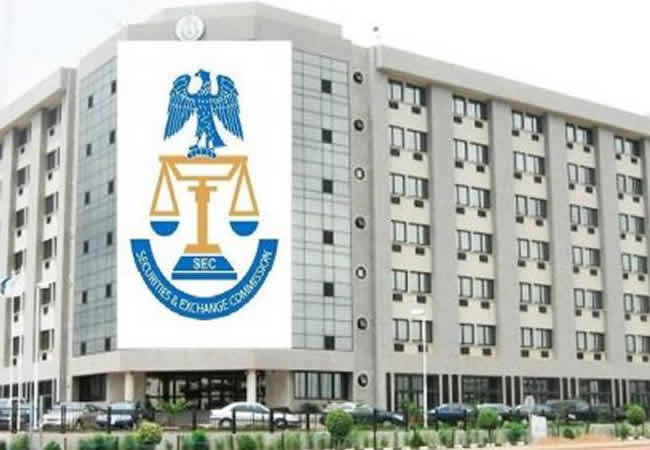The Nigerian Securities and Exchange Commission (SEC) heralds the ongoing banking sector recapitalization as a powerful demonstration of the nation’s capital market resilience and strength. Dr. Emomotimi Agama, the SEC Director-General, emphasized this point while unveiling key aspects of the newly implemented Investments and Securities Act 2025. This landmark legislation is poised to revolutionize market operations, fostering deeper engagement and propelling economic expansion. Agama revealed that since the recapitalization initiative’s inception in 2024, banks have successfully mobilized approximately N2.4 trillion through the capital market, a feat previously unseen in Nigeria’s financial history. This underscores the market’s robustness and its capacity to serve as a vital funding source for diverse sectors of the economy. The SEC’s role as a facilitator of growth, exchanges, and capital movement is evident in the successful execution of this exercise, with other institutions also leveraging the market for fundraising.
The capital market’s resurgence is further exemplified by the Ministry of Finance Incorporated’s recent raising of N250 billion for housing development, alongside the market capitalization surpassing N65 trillion. These achievements underscore the market’s positive trajectory and its potential to drive economic progress. Agama emphasized the revolutionary nature of the new law, which solidifies SEC’s “A” status with the International Organisation of Securities Commissions (IOSCO). This prestigious recognition not only allows other nations to benchmark Nigeria’s SEC and capital market against international standards but also serves as a magnet for investments, attracting investors and expanding the market’s reach within Nigeria.
The Investments and Securities Act 2025 introduces several groundbreaking provisions, including expanding avenues for raising capital within the Nigerian capital market. Crucially, it addresses the burgeoning online forex trading landscape, which involves a significant portion of the Nigerian population, particularly the youth. By providing a clear legal framework for this activity, the new law safeguards investors and promotes responsible growth in this sector. Furthermore, the legislation delves into the regulation of digital assets, a timely intervention considering the growing prominence of cryptocurrencies and other digital assets in the Nigerian financial landscape. This provides much-needed clarity and structure for this evolving asset class.
Another noteworthy aspect of the legislation is the introduction of the Legal Entity Identifier (LEI) for derivatives transactions, enhancing transparency and risk management in this complex market segment. The law also addresses the commodities ecosystem comprehensively, encompassing regulations for spot, derivative, and secondary markets. This holistic approach will foster greater efficiency and investor confidence in the commodities sector. Significantly, the Act removes restrictions previously imposed by states and local governments on raising capital, empowering them to pursue development initiatives within their respective jurisdictions. This decentralization of financial power will promote regional growth and development.
The Senate Committee on Capital Market has echoed the SEC’s optimism, urging sub-national entities to tap into the capital market for long-term financing. Senator Osita Izunaso, the committee chairman and sponsor of the bill that ultimately became the 2025 Act, highlighted the market’s potential to contribute to Nigeria’s ambitious $1 trillion economy goal. He emphasized that the new law creates a conducive environment for this growth, signaling the end of Ponzi schemes, insider trading, and market manipulation. This commitment to transparency and investor protection will further enhance the market’s attractiveness to both domestic and international investors.
By providing states and local governments with access to long-term funding through the capital market, the new law offers an alternative to relying solely on federation accounts and commercial borrowing. This diversification of funding sources will empower sub-national entities to embark on sustainable development projects, driving economic growth at both regional and national levels. The ability of states and the 774 local government areas to access long-term finance for infrastructure projects, social programs, and other initiatives will have a transformative impact on their ability to deliver services and improve the lives of their citizens. This move towards fiscal autonomy and sustainable financing is poised to reshape the landscape of Nigerian governance and contribute significantly to the nation’s overall economic development.


